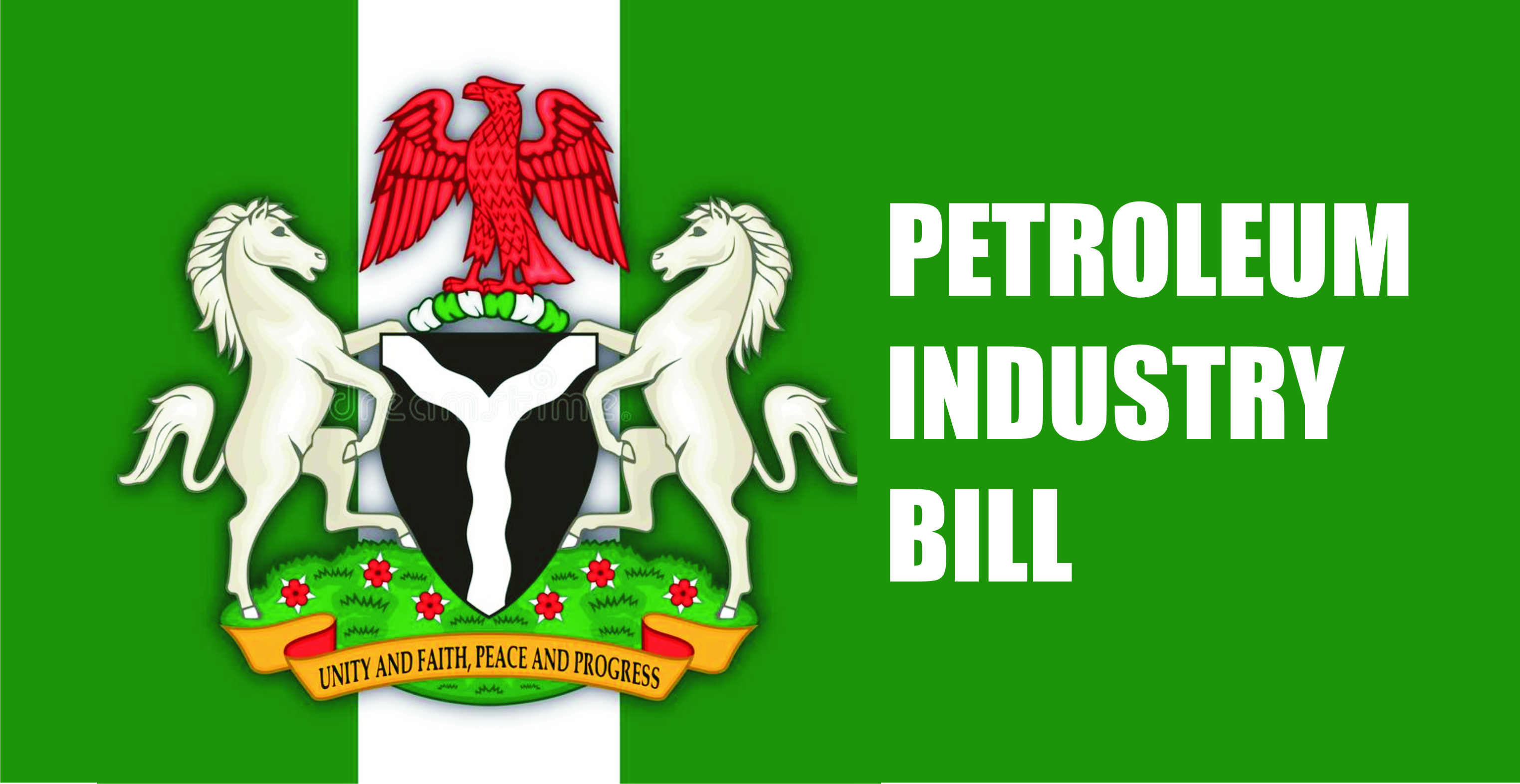Editorial
Still On PIB

The House of Representatives has once again pushed to the front burner for passage, the controversial Petroleum Industry Bill (PIB), which has been on the floor of the National Assembly since December, 2008, when it was originally introduced. This piece of legislation has since then undergone several revisions and has been the subject of controversy and debate. Right now, the Bill has been split into four documents.
Interestingly, former President Goodluck Jonathan had on July 18, 2012, presented a new version of the Bill to the Seventh National Assembly for reconsideration and re-enactment. The National Assembly graciously did that but the Bill was not signed into law until that regime fizzled out in 2015.
Inadvertently, another component of the Bill, the Petroleum Industry Governance Bill (PIGB), was passed by the Senate in May, 2017, while the House of Representatives followed suit in January, 2018, as part of a package of legislative reform for the oil and gas sector. However, President Muhammadu Buhari withheld his assent, and the document has remained in the cooler since then.
There is no doubt that the Nigerian oil industry is the mainstay of the country’s economy. Keen observers, however, believe that the oil industry is opaque in its dealings, as it is widely seen as a source of corruption in government circles.
Incidentally, various stakeholders within government, oil companies and even civil society organisations equally agree that the oil and gas sector in Nigeria needs urgent reforms. This arises from the fact that the current structures are convoluted and impede effective regulation. This is mainly because of overlapping regulatory functions exercised by multiple agencies which in themselves breed dysfunction.
As it were, the long term consequence of this persisting scenario has been a significant deterioration in the environment of the Niger Delta region as a result of oil spills and gas flaring, which ultimately has impacted negatively on the health of the local people, the loss of agricultural land, and the pollution of its creeks and surrounding seas.
Essentially, these are lapses among others the PIB intends to address. It also aspires to promote transparency and accountability in the oil and gas sector. While transparency encourages competition, accountable institutions reassure investors, improve regulation and revenue collection, and these result in higher production and earnings.
Besides, the PIB would also enhance and increase access to information within the sector by opening more kinds of documents and data to public scrutiny, and by so doing, improve incentives for performance and check corruption and other sharp practices within the sector.
It is in cognizance of this fact that the House of Representatives recently set in motion modalities to pass the long-awaited PIB into law in September, by setting up a 30-member committee with five members drawn from each of the six geo-political zones of the country. The Minority Leader of the House, Rep Ndudi Elumelu, told newsmen that the House would go ahead with the process of amending and passing the Bill even without the input of the Executive.
“We don’t need the Executive to tutor us. We are going ahead with considering the Bill,” Elumelu enthused, while another lawmaker, Rep. Nicholas Ossai, advised the President to cooperate with the National Assembly on this piece of legislation, so as to attract more investments to the oil and gas industry. The House and the Senate are expected to resume full business in the second week of September.
The Tide is elated that the House of Representatives has taken a bold step to revisit this nagging issue, and promised to do the needful in ensuring that the Bill is passed into law. We are not unmindful that this is the fourth time the Bill is being introduced and re-introduced without having a smooth sail in the National Assembly.
In fact, the passage of this Bill is long overdue as it has been unnecessarily over-delayed, and we believe that the assurances given by the members of the House of Representatives this time around would be good enough to see this all-important Bill see the light of day once and for all.
The first step, we think, is for the lawmakers to try as much as possible to harmonise the PIB, which has been split into four documents. This will enable the National Assembly to do a more thorough work on the Bill with a view to addressing all grey areas that may stand against it from securing the President’s assent, after it must have been passed into law.
There is no gainsaying the fact that the Bill, when passed into law and assented to by the President, would go a long way to bolster the interest and welfare of those who suffer the negative impact of oil exploration in the country. This is particularly so because the Bill is not only for the interest of the Niger Delta alone but also for the entire country, as it would help bring the much-needed peace in the region and facilitate development across the country.
We also lend our voice to the call by the lawmakers and other stakeholders on the Executive to cooperate with the National Assembly in the current move to make the PIB a reality. In fact, this time around, we should never allow primordial sentiments and other considerations for that matter to becloud and override the collective interest and zeal of bringing more investments to the country.
Indeed, in this matter, it behoves the current Federal Government to treat with the same passion the way it has treated Bills like the North East Development Commission, among others. Again, all that is required for us to move forward is for all hands to be on deck to give the PIB the expected push in order to give the country’s ailing economy a boost.
Editorial
Beginning A New Dawn At RSNC

Editorial
Sustaining OBALGA’s Ban On Street Trading

Editorial
AFCON ’25: Bravo, Super Eagles, But…


